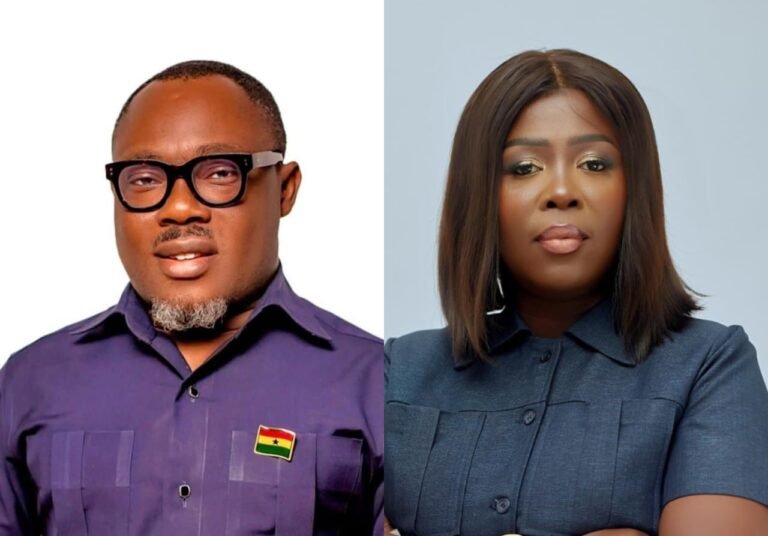
Campaign manager for the NPP in the 2020 general election, Peter Mac Manu
The seven-member Supreme Court panel hearing the ongoing presidential election petition has ruled that it cannot force witnesses of the first and second respondents to testify in the case.
“…Simply put, we are not convinced, and we will not yield to the invitation being extended to us by counsel for the petitioner to order the respondent to enter the witness box to be cross-examined. Accordingly, we hereby overrule the objection raised by the counsel for the petitioner against the decision of the respondents declining to adduce evidence in this petition,” Chief Justice Kwesi Anin Yeboah, delivering the verdict of the court, said.
No adducing of evidence
Justine Amenuvor and Akoto Ampaw, lead counsel for the Electoral Commission and President Nana Addo Dankwa Akufo-Addo, respectively, on Monday ended their cross-examination of the three witnesses who testified on behalf of the petitioner following which counsel for the petitioner closed his case.
Citing Order 36 (4) sub rule 3 of the High Court (Civil Procedure Rule), C.I 47, Mr Amenuvor argued that the rules allow the respondents to decide not to adduce any evidence.
He also supported his argument with Section 62 of the Evidence Act, reiterating the argument that the court cannot compel his client to testify against her will.
He further argued that the rules in Order 38 (4)(4) of the High Court (Civil Procedure) Rules, C.I. 47 allowed his client not to adduce evidence.
For his part, lead counsel for the President, Akoto Ampaw, maintained that the burden of proof lies with the petitioner and not the respondents.
He indicated that filing of witness statement does not constitute evidence, until the witness enters the witness box and sworn an oath before it can be deemed as evidence in chief.
Objection
However, lead counsel for the petitioner, Tsatsu Tsikata, argued that since the lawyers had not made a submission of no case, the burden of proof principle did not apply.
He further argued that the EC Chair had earlier indicated that she was going to submit herself to cross-examination, the basis for which the court took the decision to dismiss Mr Mahama’s earlier application for interrogatories.
Mr Tsikata opined further that statements by the EC Chair through various affidavits available bind her to be cross-examined.
He insisted that Order 38, rule 3 sub-rule 1 and 5 of CI 47, as amended by CI 87, does not apply to the current situation.
However, giving its ruling yesterday, the court took the position that the sworn affidavits of the respondents are not enough reason, by law, for which Jean Mensa and Peter Mac Manu, witnesses for the two respondents must mount the witness box.
The court, premising its ruling on Order 38 Rule 3 (E)(5) of the High Court Civil Procedure Amendment Rule (C.I 87), held that per the rules of court, the petitioner must rely on his own case and not the witness statements of the respondents.
The court further noted that Mr Tsikata did not tell the court any law that supports his argument that Mrs Mensa should be treated differently as compared to any other potential witness.
“We are minded to state that our jurisdiction invoked in this election petition is a limited jurisdiction clearly circumscribed by law. We do not intend to extend our mandate beyond what the law requires of us in such petitions brought under Article 64 (1) challenging the validity of the election of a president,” the court said.
Written submission
The Supreme Court, therefore, ordered the various counsel to file their written submissions to the court by February 15, 2021.
The court added that despite the order for the filing of addresses, it will hear any applications concerning a review, stay of execution or an application to re-open the case.
Meanwhile, the legal team for Mr Mahama has served notice of seeking a review of the court’s ruling.
The team said it is in disagreement with the court’s decision and will use lawful means to have the EC Chair testify in the case.
The team has also filed a motion of leave to re-open its case to enable the Chairperson of the Electoral Commission, Jean Mensa, testify in court.




